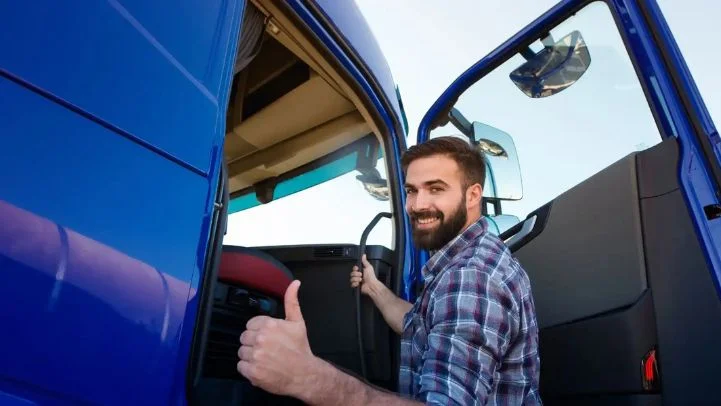

The Return-to-Duty (RTD Step 5) drug test is a federally required DOT drug test that must be completed after a driver violates DOT drug or alcohol regulations and before returning to safety-sensitive duties.
This requirement is mandated under 49 CFR Part 40 and is overseen by the FMCSA Drug & Alcohol Clearinghouse. A driver cannot legally operate a commercial motor vehicle until a verified negative RTD test result is completed and properly reported.
*Include Observed Urine Drug Test For $114.95*
*FMCSA Clearinghouse Reporting $35.00*
*Include Follow-Up Plan Setup For $99.95*
*FMCSA Clearinghouse Reporting $35.00*
Note: (Step 1 to 4) SAP Assessment are not included in this price. goMDnow is not responsible for any SAP Assessments.